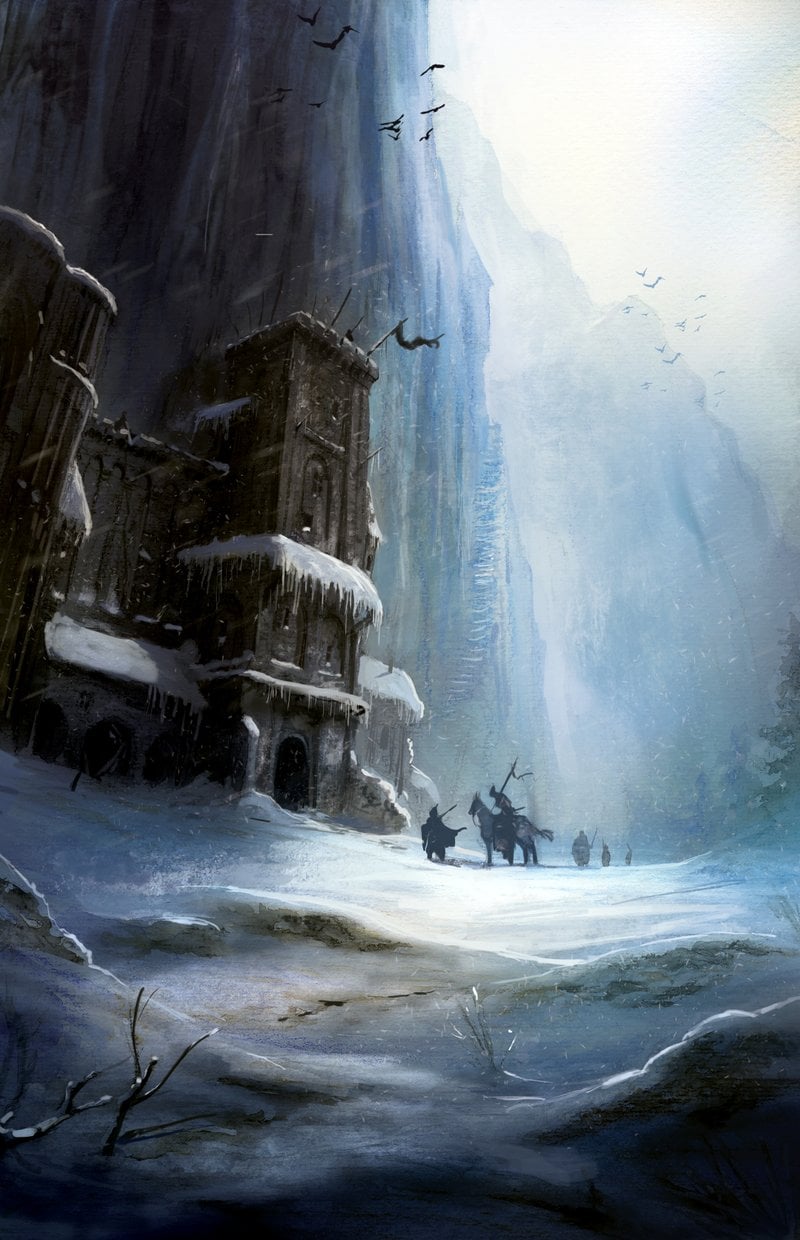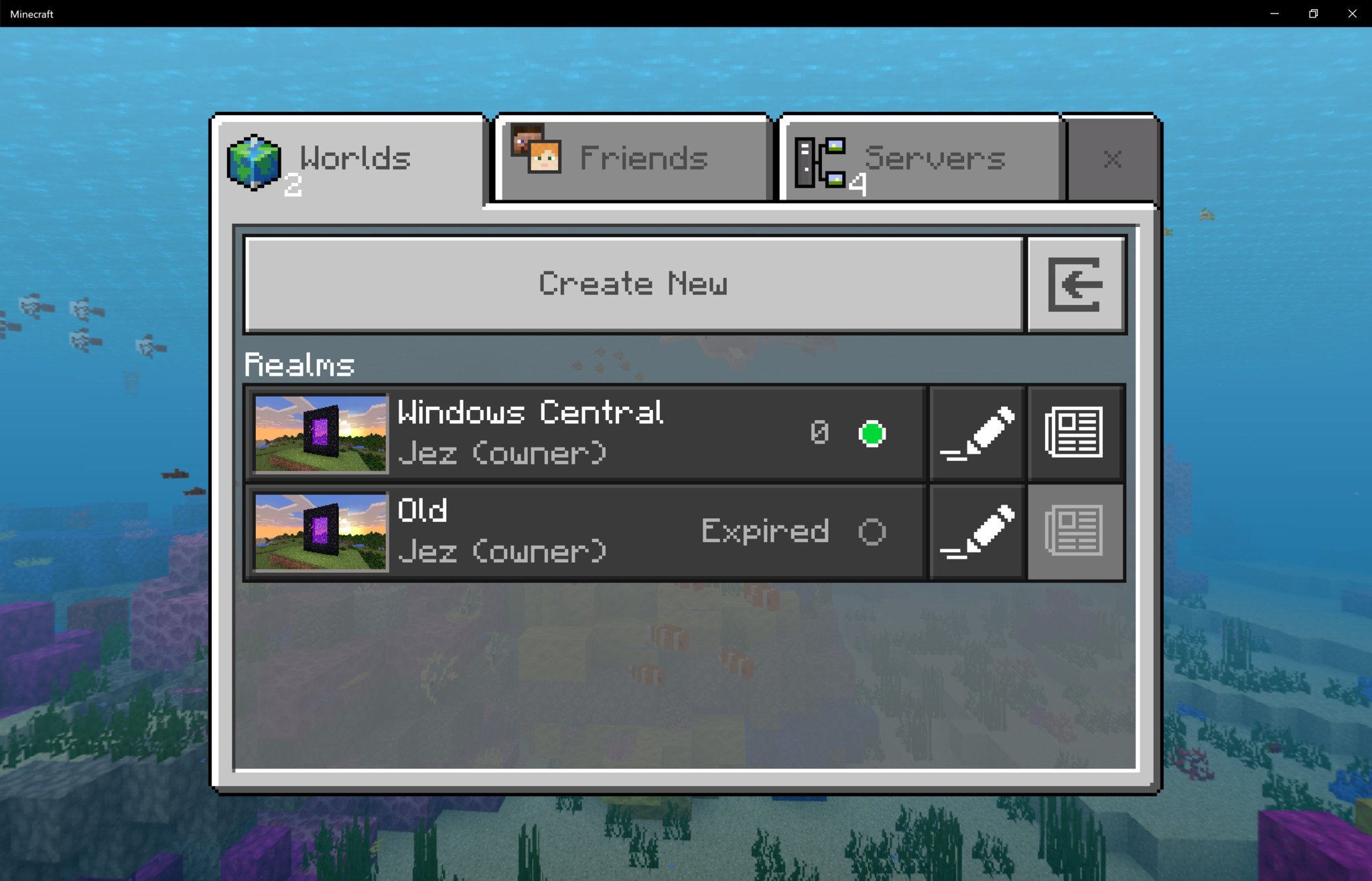The Six Realms of Existence
Realms VS server: realms gets SMASHED! 1) price difference, realms cost much more. 2) RAM, realms has tiny RAM compared to servers. 3) no modding or plugins on realms D: 4) auto whitelist.you should be aloud to choose if you want the whitelist or not 5) a minecraft server can do the exact same thing as realms if you put a whitelist on. A community or territory over which a sovereign rules; a kingdom. An area or sphere, as of knowledge or activity: the realm of science. . Population - amount of unique players that meet any of the two conditions: - has a level 60 character and killed something in Ny'alotha Heroic Mode - has a level 60 character. A community or territory over which a sovereign rules; a kingdom. An area or sphere, as of knowledge or activity: the realm of science. PRICING PLANS - REALMS FOR MINECRAFT: JAVA EDITION. Pick any option below to play with up to 10 friends at the same time! Recurring: $7.99 / month. The easiest way to pay: the subscription is automatically extended each month but can be cancelled at any time. It's 20% cheaper than manually buying a 30-day subscription each month.
For Buddhists, these six realms represent all possible states of existence. They were traditionally conceived as real places, but can also be interpreted symbolically. The animal, ghost and hell realms are all places of punishment for previous sins, whereas birth in the heavenly, asura, or human realms comes through the accumulation (and spending) of karmic merit. Life in any of these realms is ultimately impermanent—one does not suffer forever in hell, nor enjoy eternal bliss in heaven.
Birth in any of the these realms is based on one's karma (“action”)—essentially the moral causality that good actions bring good results, and bad actions bad results. Since one’s motive is critical for “goodness” or “badness,” one’s thoughts become at least as important as one’s actions (for example, accidentally killing something is far less serious than intentional killing).
Karma presupposes a dynamic universe--one's present life reflects past choices, but one's present choices are shaping the future. Only human beings can make choices and accrue karma, which means that one's human actions (good or bad) determine one's future births. This gives added emphasis to one’s moral choices; it also means that a change of heart or better guidance can help one to lay a positive foundation for the future. Such guidance can range from simple moral precepts (as found in board games such as Snakes and Ladders) all the way to instructions on how to select one’s next birth, as found in the final section of The Tibetan Book of the Dead.
Note that each of these realms has a resident Buddha, through which its inhabitants can hear the dharma—this may reflect the Mahayana Buddhist notion that the ultimate Buddha-nature (dharmakaya or Suchness) pervades the entire universe. The six realms are:
In the heavens (there are many) beings are is rewarded for past good deeds. Life in heaven is a continual round or pleasure and enjoyment, with no suffering, anxiety, or unfulfilled desires until the moment one is about to be reborn in another realm. And this is one of the problems—life in heaven is extremely long (e.g., 30,000 years), but is ultimately impermanent, and one must inevitably leave to take birth in another realm. To be born in heaven, one also needs to “spend” an enormous amount of religious merit, and life there is so carefree that people have no inclination toward religious life. For these reasons, religious authorities have discouraged seeking birth in heaven. The heavens are conceived as pleasant places, and this picture shows a lush garden and comfortable pavilions. The resident Buddha holds a musical instrument. |
Indian cosmology admits many different kinds of superhuman beings. Whereas the devas (“gods”) dwell in the heavenly realms and are basically benevolent, the asuras (“not-gods”) are opposed to the devas and locked into continual struggle with them. Asuras are powerful but often amoral beings, since they are primarily driven by envy and greed for power; these same qualities can bring them into conflict with human beings. All of these qualities make birth in this realm undesirable. This picture shows images of conflict in the upper part (the asuras fight with each other, as well as with the gods, and are generally seen as quarrelsome), and the resident Buddha holds a sword, perhaps reflecting this general quality of life there). |
Animal birth is seen as the result of past sins, and one expiates these sins through suffering in animal form (being hunted, worked, driven, slaughtered, etc.), often for thousands of consecutive births (as a dog, pig, dung beetle, etc.). Animal behavior is also run by instinct, which means that animals cannot generate good karma, they are simply working off the bad. This suffering and lack of control make birth as an animal undesirable. The conviction that animals are sentient beings also underlies the prohibition on intentionally killing anything, which goes back to the Buddha’s earliest teaching (the Buddha was also vocally opposed to the animal sacrifice prevalent in his time). This image shows animal life in water, land, and air. The right side seems to show wild animals (among them a leopard and deer), whereas the left side has domesticated animals (goats, sheep, and cattle). The message here is to respect animal life in all its forms. The resident Buddha has his hand raised in abhaya mudra, in which the hand is raised with the fingers up and the palm facing outwards, and which means 'do not be afraid.' |
In a hell (there are many), one is punished for one’s evil actions. Buddhist visions of hell (as Hindu visions of hell) often link particular punishments to particular sins, doubtless to warn the hearers. One expiates one’s evil deeds through suffering--hunger and thirst, dismemberment, torture, psychological distress, and so on. Such suffering can last enormously long (60,000 years) but is ultimately impermanent, and when one’s term is up, one is reborn in a presumably higher state. This picture shows sinners being cooked, sawed, stabbed, hacked, gnawed, etc., as well as bathing in rivers of pus and other disgusting things. The resident Buddha has his hand lifted in a teaching gesture. |
As with the hells, beings in the preta realm expiate their past misdeeds through suffering. Pretas are described as tormented by hunger and thirst (illustrated by showing them with tiny thin necks, through which they can never eat or drink enough to satisfy themselves; this is described as the result of greed and stinginess in previous lives. Other torments are psychological, since pretas remain in the places where they used to live, but cannot be seen by the living (which brings feelings of frustration, isolation, and despair). Several of this picture's figures have the tiny thin necks that are associated with pretas and which are the cause of their suffering. The fighting figures at the lower right, and the person at the bottom enveloped in flame, may reflect the notion that people who suffer violent or sudden death are more likely to become wandering spirits, since they may have had unfinished business or unfulfilled desires on earth. |
The human realm is the only one in which one’s choices (good or bad) affect one’s future—in all the others, one is either being rewarded or punished for one’s actions as a human being. One’s present human condition (e.g., wealth, social status, and physical and psychological qualities) is based on one’s past karma, but one’s present choices also determine one’s future (in this life, or a future life). As conscious moral agents, human beings have agency that the beings in other realms do not; this clearly underscores the importance of moral action and spiritual development. The top of half of this picture shows various pursuits: farming, herding, riding a horse, and receiving religious teaching. The figures on the bottom indicate old age, illness, and death. The message here is that people must take part in normal life, including earning a living and enjoying oneself (unless one renounces householder life for religious life, as the monk in the picture), but that one must always be conscious of life's final realities. |
Jim Lochtefeld's Main Page | Carthage Home Page |
These pages are in progress.
Page maintained by James G. Lochtefeld.
Last modified 11 September 2005

Also found in: Thesaurus, Medical, Legal, Acronyms, Idioms, Encyclopedia.
realm
(rĕlm)n.realm
(rɛlm) nrealm
(rɛlm)n.
Realm
an alternative for ream; an abstract state, domain, or collective body.| Noun | 1. | realm - a domain in which something is dominant; 'the untroubled kingdom of reason'; 'a land of make-believe'; 'the rise of the realm of cotton in the south' kingdom, land arena, domain, sphere, orbit, area, field - a particular environment or walk of life; 'his social sphere is limited'; 'it was a closed area of employment'; 'he's out of my orbit' lotus land, lotusland - an idyllic realm of contentment and self-indulgence |
| 2. | realm - the domain ruled by a king or queen demesne, domain, land - territory over which rule or control is exercised; 'his domain extended into Europe'; 'he made it the law of the land' | |
| 3. | realm - a knowledge domain that you are interested in or are communicating about; 'it was a limited realm of discourse'; 'here we enter the region of opinion'; 'the realm of the occult' knowledge base, knowledge domain, domain - the content of a particular field of knowledge |
realm
nounrealm
Realms Meaning
noun1. An area within which something or someone exists, acts, or has influence or power:realm
[relm]N (lit) (Jur) → reinom (fig) (= field) → esferaf, campomin the realms of fantasy →
in the realm of the possible → dentro de lo posible
in the realm of speculation →
realm
[ˈrɛlm]nthe realm of politics → le domainede lapolitique
it's not beyond the realms of possibility → c'est dudomaine du possiblereal property n(US) → immobiliermreal time n → tempsmréel
in real time → en temps réelreal-time [ˌriːlˈtaɪm]modif(COMPUTING) → en temps réel
real-time processing → traitementm en temps réel
realm
realm
 (
(Realms Plus Minecraft
relm) nounWant to thank TFD for its existence? Tell a friend about us, add a link to this page, or visit the webmaster's page for free fun content.
Realms Smp
Realms Royale
Link to this page:Minecraft Bedrock Realm
